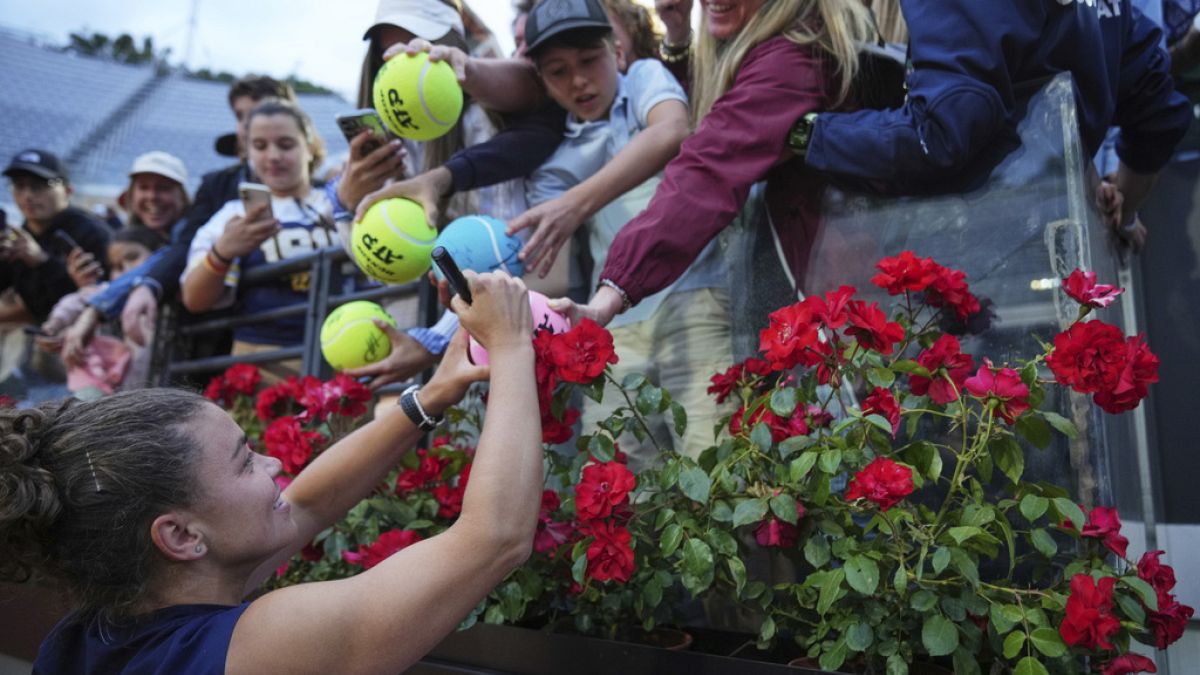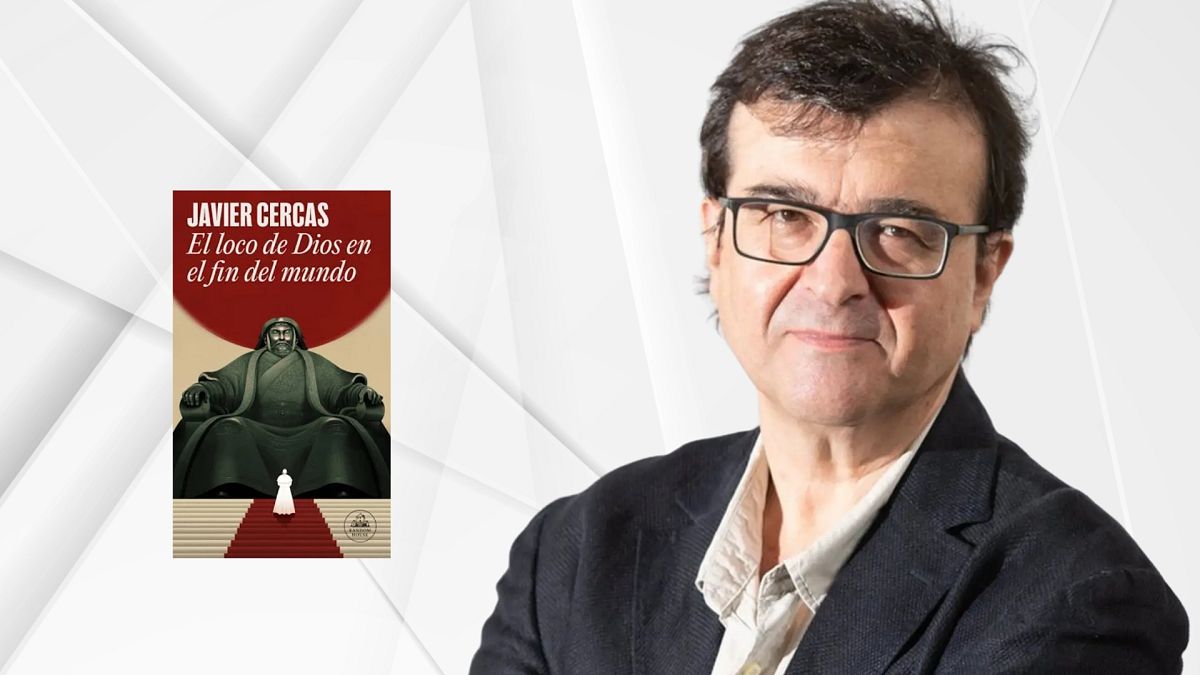Former politician Te Ururoa Flavell is part of a group of cyclists on a week-long bike ride from Auckland to New Plymouth, with an additional loop around Taranaki Maunga, to raise awareness for cervical and prostate cancer.
The ‘Ride for Talei’ is part of the Smear Your Mea campaign, which was first launched by the late Talei Morrison, a passionate kapa haka performer who died of cervical cancer in 2018.
The ride has become an annual event to coincide with the biennial Te Matatini Festival, the national kapa haka competition.
The group left this morning from Tāmaki Makaurau after a send-off from Ngāti Whātua, who hosted the previous festival in 2023. Their arrival in Ngāmotu will coincide with the start of the festival taking place at Pukekura (Bowl of Brooklands) next week.
Flavell has been a staunch supporter of Morrison’s campaign, vowing to continue to drive the movement, alongside her whānau, after she passed.
As if that wasn’t motivation enough he was diagnosed with stage 4 prostate cancer in 2023.
“Kua tae mai ki te whakaatu ki te ao Māori, ehara i te mea ka rongo koe i te kupu ‘cancer’ ka mutu tō ao. Kāo. Kei konei au. Ehara i te mea ko au i tōku kotahi, arā anō ētahi, kua toa,” Flavell said.
(I’m here to show our people that the word ‘cancer’ isn’t the end of your world. No. I’m still here, and I’m not the only one, there are many others who’ve beaten it.)
That’s not to say he is rid of it, he said, but there are medicines out there that can help fight and alleviate its impact.
“Kaua e pōhēhē ka rongo koe i te kupu ‘cancer’, ko te ‘c’, kātahi ka whakaaro ake, eh, me whakatika ahau i taku tangihanga.”
(Don’t think that once you hear ‘cancer’ – the ‘c-word’ – that you need to start planning your funeral.)
Though he understands how that can be the first thing people jump to.
“I tae atu au ki tērā āhuatanga, whakariterite i tōku whānau mō tōku tangihanga. Kātahi ka puta i te rua me te whakaaro ake, gee, kei te pai! Me whai atu i te ara ki te ora.
“Arā kei konei au e ngana nei kia eke tēnei kaupapa ki tōna taumata, kia eke tēnei tinana ki te wāhi e tika ana, kia taea e au te whakatutuki i tēnei kaupapa.”
(I reached that stage where I started to prepare my whānau for my tangihanga. Then I came out of the hole and thought to myself, gee, I’m OK! Let’s focus on health, on living.
So, I’m here trying to help make this kaupapa a success, to get my body right so I can see this ride through.)
Cervical cancer is highly preventable. In 2020, Aotearoa New Zealand signed up to the World Health Organisation’s initiative to eliminate cervical cancer through vaccination, screening and treatment.
But Māori women have higher rates of cervical cancer than non-Māori, and are 2.5 times more likely to die from the disease.
For prostate cancer, in excess of 4000 men are diagnosed every year, and Māori men are more than 50% more likely than non-Māori to die from the disease once diagnosed.
Early detection for both cancers can make all the difference. But Flavell said fear often keeps Māori from getting themselves checked.
“Ko tāku e kī atu, haere ki te rata, wahine mai, tāne mai. Whakamātauria te tinana, mā reira ka mōhio me pehea, me pehea. Engari ki te waiho ake me te pōhēhē kei te pai te ao, he tino pōhēhē tērā.”
(I’m saying go to the doctors, both women and men. Get your body checked so you know what needs to be done. If you leave it and assume you’re OK, that can be a huge mistake.)
The group is expected to arrive in Taranaki on Thursday where they will ride around the mountain, making four stops for health promotion events. Free HPV testing for women and information on cervical and prostate cancers will be made available during the stops.












